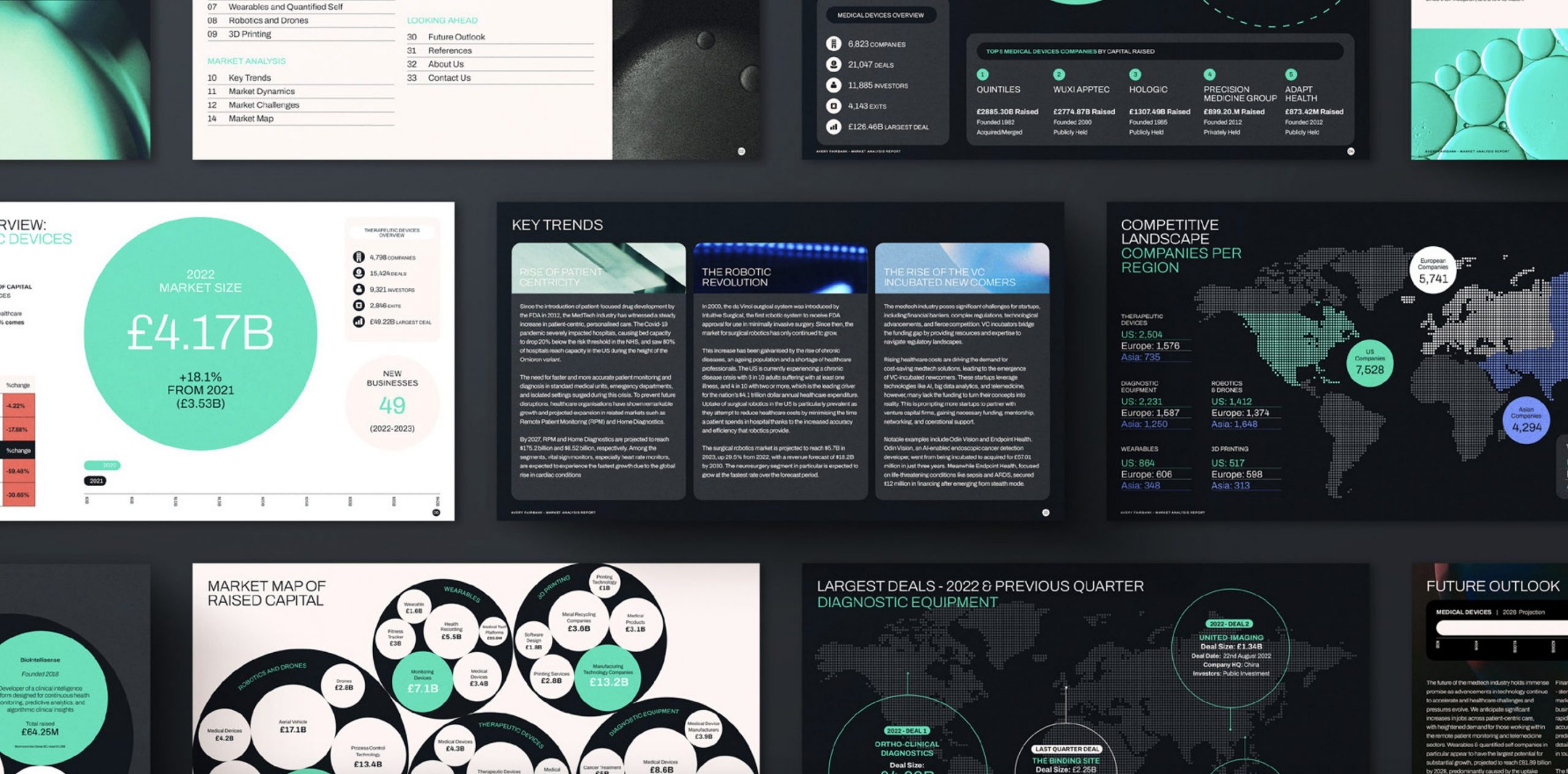September 26, 2023
Understanding Artificial Intelligence (AI) in Depth
Artificial Intelligence, or AI, signifies the digital emulation of human cognitive processes through intricate algorithmic patterns. In our increasingly tech-savvy world, this algorithmic touch is evident across platforms: from expansive cloud infrastructures to user-friendly mobile apps and even sophisticated onboard systems, as the uses of Artificial Intelligence continues to grow.
2022 was a hallmark year for AI, primarily due to the escalating influence of Generative Pre-Training Transformer models. One such AI model that has taken the world by storm is OpenAI’s ChatGPT. This model, while a sensation, represents just a facet of the broader AI landscape.
At its essence, the brilliance of AI is rooted in its capability to discern, evaluate, and embark on actions aimed at maximising the chances of achieving desired outcomes. A critical branch of AI is Machine Learning (ML), underscoring the potential for software to evolve and adjust to new data inputs autonomously. The power of deep learning facilitates this autonomous progression, managing vast data arrays, be it text, imagery, or video segments.
A Realistic Perspective on AI
Despite popular culture often portraying AI as robots, the reality is more nuanced. AI thrives on the proposition that facets of human intelligence can be quantified and replicated by machines, enabling them to execute tasks spanning a spectrum of complexity.
The mission of AI is to closely mirror human cognitive activities. Today, the industry is making leaps in emulating aspects such as knowledge acquisition, logical deduction, and sensory perceptions. The pace of progress has led some to speculate that we might soon engineer systems with cognitive prowess surpassing human capacities. However, this perspective is counterbalanced by those who emphasise that cognition is deeply rooted in human experiences and biases.
Historically, functionalities like elementary computations or text recognition via optical character recognition, once hailed as AI breakthroughs, are now considered standard computational features.
The progression and sophistication of AI are a result of amalgamating diverse disciplines: mathematics, computer science, linguistics, psychology, among others.
The Expansive Applications of AI
The potential of AI is vast, catering to myriad sectors. In the realm of healthcare, AI plays a pivotal role, from determining appropriate drug dosages and pinpointing therapeutic strategies to rendering support during surgical procedures.
Elsewhere, AI’s manifestation can be seen in machines adept at chess and the burgeoning industry of autonomous vehicles. These machines are designed to assess the implications of every move, understanding that every decision influences the ultimate outcome.
In the financial domain, AI’s prowess aids in identifying atypical banking patterns, significantly boosting fraud detection capabilities. Additionally, AI paves the way for more streamlined trading by accurately predicting supply, demand, and pricing fluctuations of securities.
Differentiating AI Systems
AI can primarily be divided into:
Weak AI: Systems tailored for specific tasks. Examples include gaming algorithms or voice-activated virtual assistants such as Alexa or Siri.
Strong AI: More sophisticated systems designed to execute tasks with human-like proficiency. These systems can autonomously address challenges without external interventions. Notable examples are self-navigating vehicles and certain medical applications.
Ethical Considerations on AI’s Growth
The swift ascent of AI has spurred diverse debates and reflections. Concerns range from the potential of AI entities surpassing human intelligence, risks of privacy infringements, to the militarisation of AI.
Deeper ethical considerations also come into play: Should AI entities be accorded rights comparable to human beings? How should AI-driven vehicles respond in morally ambiguous situations? Furthermore, there’s palpable anxiety regarding AI’s potential to disrupt job markets across sectors.
AI’s Classifications Explored
AI systems are typically classified into four categories:
- Reactive AI: Optimises actions based on a specific set of inputs, such as chess algorithms.
- Limited Memory AI: Evolves based on historical data, albeit within specific constraints. Autonomous vehicles are exemplary of this category.
- Theory-of-Mind AI: Highly adaptive systems, like advanced chatbots, that could potentially clear the Turing Test, showcasing human-like interactions.
- Self-Aware AI: Conceptual entities that would possess consciousness. While still theoretical, the debate around their possibility is ongoing.
AI’s Current Footprint
Today, AI’s imprint is omnipresent. It powers recommendation systems on digital platforms, drives chatbots like Alexa or Siri, aids in meteorological and financial forecasts, streamlines production processes, and offers solutions for various cognitive tasks. Gaming, autonomous navigation, language processing, and more are also facilitated by AI.
OpenAI’s ChatGPT, a product of 2022, has witnessed burgeoning popularity, with its user base expanding significantly in 2023. While categorised as Weak AI, its versatility across diverse subjects is commendable.
The Role of AI in Healthcare
In healthcare, AI’s applications are transformative. AI algorithms aid in accurate diagnostic processes, especially by detecting anomalies in medical scans. It also cuts drug discovery costs, enhances patient classification, medical record management, and insurance claim processes. As we look forward, innovations might encompass AI-assisted robotic surgeries, virtual healthcare facilitators, and collaborative clinical decision-making platforms.
AI’s Influence on Leadership in Life Sciences & Biotech
The proliferation of Artificial Intelligence (AI) within the life sciences and biotechnology sectors underscores the evolving nature of these disciplines. The advancement of diagnostic methodologies, patient care protocols, and drug discovery processes are indicative of the profound impact of AI.
As an executive search firm specialising in these sectors, our commitment lies in understanding these technological shifts and ensuring that organisations are equipped with leadership that can navigate these complexities. In the nexus of AI’s transformative potential and the ever-evolving landscape of life sciences and biotechnology, our role is to facilitate the alignment of expertise with organisational vision.
Discover how we can enhance your leadership search by exploring our services page. And for a deeper conversation on your specific needs, don’t hesitate to contact us.

Published on 26-09-2023


